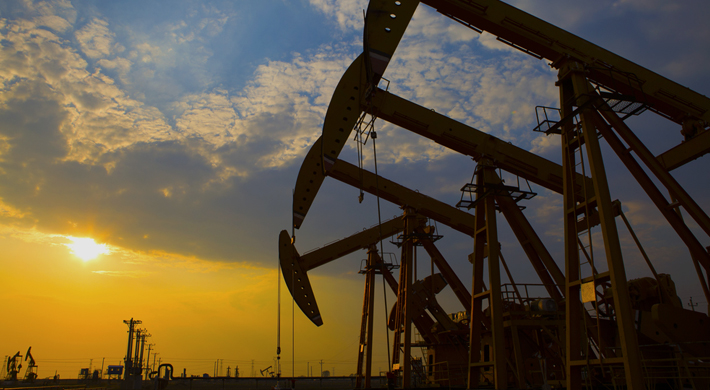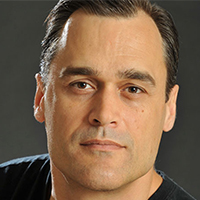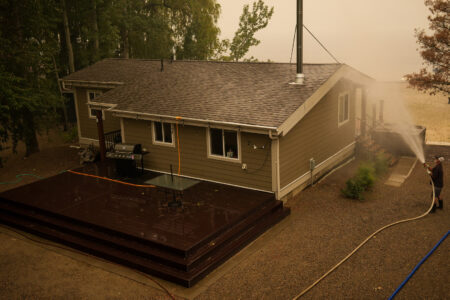
Bemoaning Alberta’s failure to save oil revenues, as Norway did, has become standard fare for pundits, and critics of « norwailing » — kudos to economist Andrew Leach for the excellent neologism ”” have emerged. They have various arguments. I’ll take issue with two that are common to the commentary I’ve seen.
The first involves the nature of the wealth Norway and Alberta have enjoyed. Norway’s bonanza is a windfall, the critics note. Its oil reserves are relatively modest so it was clear from the beginning they would last only a matter of decades, and when they are gone the geysers of cash will cease to spray. So it is only prudent for Norway to bank its wealth and spread its temporary good fortune over generations. Alberta was similar in this regard when its oil wealth depended on its modest conventional reserves but the oil sands changed everything. They’re immense. Even with massive exploitation they would have a lifespan of centuries. So the wealth they generate isn’t a windfall that needs to be banked to be shared with future generations. It can be spent on today’s needs and wants ”” and future generations will get theirs, too.
The other argument has to do with the population. Norway’s is relatively homogeneous, with low levels of immigration and emigration, so today’s Norwegians can be confident that the beneficiaries of their sacrifice will be their children, grandchildren, and great-grandchildren. Not so Alberta. It’s a hugely dynamic population, so Albertans who forgo today will be sacrificing on behalf of whoever happens to live in Alberta 50, 100, or 200 years from now ”” and there’s a good bet that the parents and grandparents of those people will have no connection with Alberta today.
So saving makes sense for Norway. It doesn’t for Alberta.
These are interesting distinctions. But there two obvious rejoinders the critics haven’t answered, at least as far as I know.
The first has to do with the future of oil. The critics simply assume it will be a commodity as highly prized as it is today, or more so, for all the centuries the oil sands will keep producing. That’s not impossible. Oil really is an amazing source of energy. But it ignores entirely the possibility that advances in other technologies will push oil to the margins, or even into the history books. And it ignores climate change. If the world gets serious about making the transition to a post-carbon future, the value of the oil sands will decline and the probability of the oil sands churning out cash for centuries will decline with it. This is not the idle daydream of eco-warriors. Even Mark Carney, the governor of Bank of England, has had something to say about it. The critics of norwailing should, too.
The other problem is the critics’ conception of ”œus.” They seem to think it’s sensible to save for people directly descended from us by blood, or who at least share a national identity defined by ethnicity, as Norwegians do. But people who do not belong to das Volk are merely Auslanders, even if, sometime in the future, they settle in our jurisdiction and become citizens, and so it would be foolish to sacrifice for them. I know that sounds exaggerated but I think it’s a fair reading. ”œAs an Albertan,” wrote Colby Cosh, ”œI cannot see the point of saving for some invader’s dotage.”
Do I really have to say that this is a ”” choose any adjective you like as long as it is a synonym of ”œbad” ”” conception of collective identity? In Canada and in Alberta, in the present, we have a civic ”œwe.” Blood has nothing to do with our collective self-definition. An outsider who joins our polity is as much ”œus” as those of us born here. I’m sure the critics of norwailing are all in favour of that, too. So why on earth would we regress to blood descent and ethnic nationalism as the foundation of our thinking when we plan for the future?
Of course these are obvious objections and the critics are clever, so I’m sure they’ve considered them and have responses. I only hope they’ll stop hoarding them and share with the rest of us.








